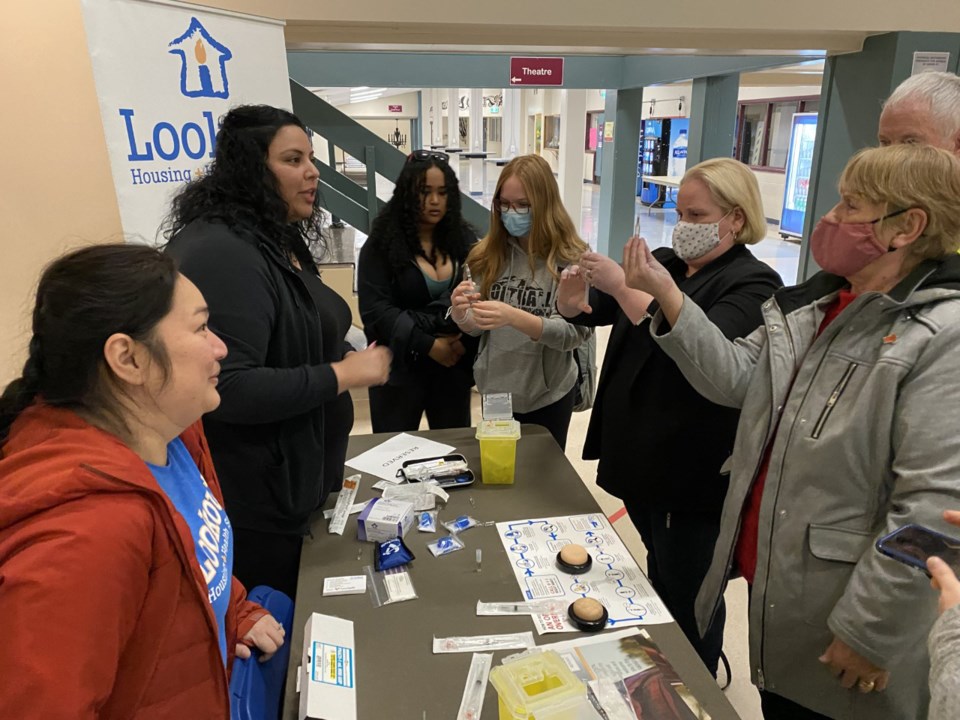Delta Police are getting provincial funding for more Naloxone kits to help save lives by reversing drug overdoses.
On the Delta Police Board’s Oct. 18 agenda was a recent letter to Chief Neil Dubord from Wayne Rideout, Assistant Deputy Minister and Director of Police Services, saying the department been approved for funding of just over $15,000 for the purchase of 120 Naloxone kits. That works out to 240 doses.
“We will be in contact with the representatives identified from your department to obtain quarterly updates on naloxone-related purchases and use, as well as on any training complete,” said Rideout in the letter. “Your assistance in providing this information helps us to create a comprehensive picture of the public safety response to the opioid overdose emergency and support the Ministry in its efforts to determine future activities to target the opioid crisis.”
The BC Coroners Service recently said that illicit drug toxicity is the leading cause of unnatural death in British Columbia and is second only to cancers in terms of years of life lost. At least 10,326 British Columbians have been lost to the illicit drug supply since the public-health emergency for substance-related harms was first declared in April 2016.
A social planning update report to Delta council earlier this year noted the pandemic has significantly worsened the opioid overdose crisis in Canada and the impacts are being felt locally.
The City of Delta last year launched its Share Your Story initiative, a collaboration which includes DPD, the school district, Tsawwassen First Nation and Fraser Health Authority.
The campaign aims to reduce stigma around substance use and empower individuals to share their stories. It builds on Delta’s End the Stigma campaign, which was launched in 2020.
Meanwhile, the Delta Community Action Team is a community initiative established in 2018 by Deltassist and Fraser Health, and funded by the Province of BC, to develop a community response to the overdose crisis.
The Take Home Naloxone program provides free personal kits to people at risk of opioid overdose or likely to witness and respond to overdose.



